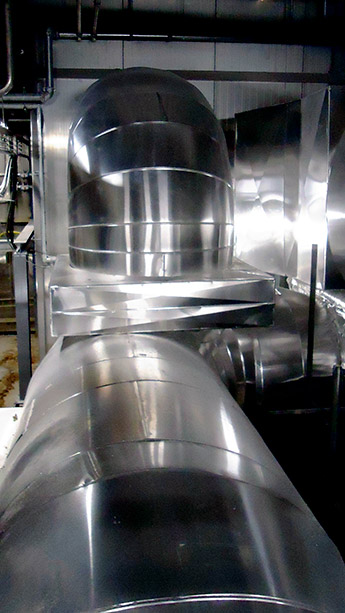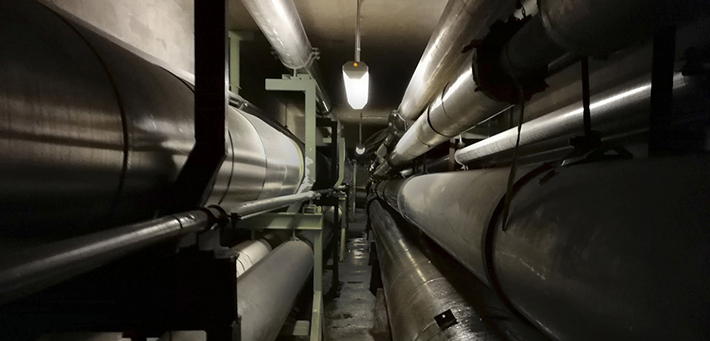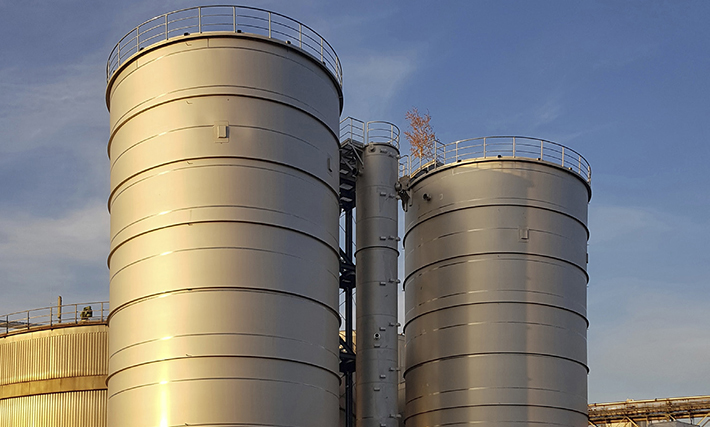Resource-efficient production
By being resource efficient, we reduce our climate impact throughout the value chain. We continuously endeavor to improve our energy efficiency and reduce the climate impact of our products, for example, by investing in new technology at our production facilities and through our energy-saving program ESAVE and material-savings program MSAVE.
Access to clean water is a key sustainability issue. Essity mainly uses water to transport fibers and as cooling water in the production process at its tissue production facilities. In addition to Essity’s water usage, we have mapped out the impact of our raw material suppliers in order to understand the risks and establish relevant action plans for our own production processes and the supply chain. Every Essity facility works to treat, reduce and rationalize its water usage.
Resource-efficient production also entails a focus on eliminating production waste. Everything should be taken care of as part of an efficient ecocycle. Essity’s target is for materials and energy to be recovered from waste from all production units by 2030. While several units already report zero production waste, a series of innovative measures to find suitable ways to recover Essity’s various types of waste will be required to meet the new target.

Cuijk in the Netherlands
Essity replaced the dryer hoods in the tissue machine at its tissue plant in Cuijk in the Netherlands with a new, environmentally friendly technology. Energy efficiency has thereby increased by 10%, resulting in a reduction in CO2 emissions. The company also replaced natural gas with biofuel in the plant’s steam production. These measures resulted in cost savings and an annual reduction in CO2 emissions of 13,000 tons.

–25%
Water consumption
Nokia in Finland
In 2017, Essity’s tissue plant in the Finnish town of Nokia built a partially closed water system by installing larger water tanks. This resulted in a reduction in water usage of 25% (700,000 m3). By reusing water that has already been heated, the plant can also save energy, leading to cost savings and lower CO2 emissions.

Mannheim in Germany
Essity has invested EUR 7.7m in a new wastewater treatment technology in Mannheim, Germany. The new technology will reduce emissions of organic materials into effluent water (COD) by 20% and generate biogas to replace the use of natural gas as fuel, thereby cutting CO2 emissions by 4,000 tons per year. The new wastewater treatment technology will also reduce the volume of production waste and the use of chemicals, resulting in cost savings.